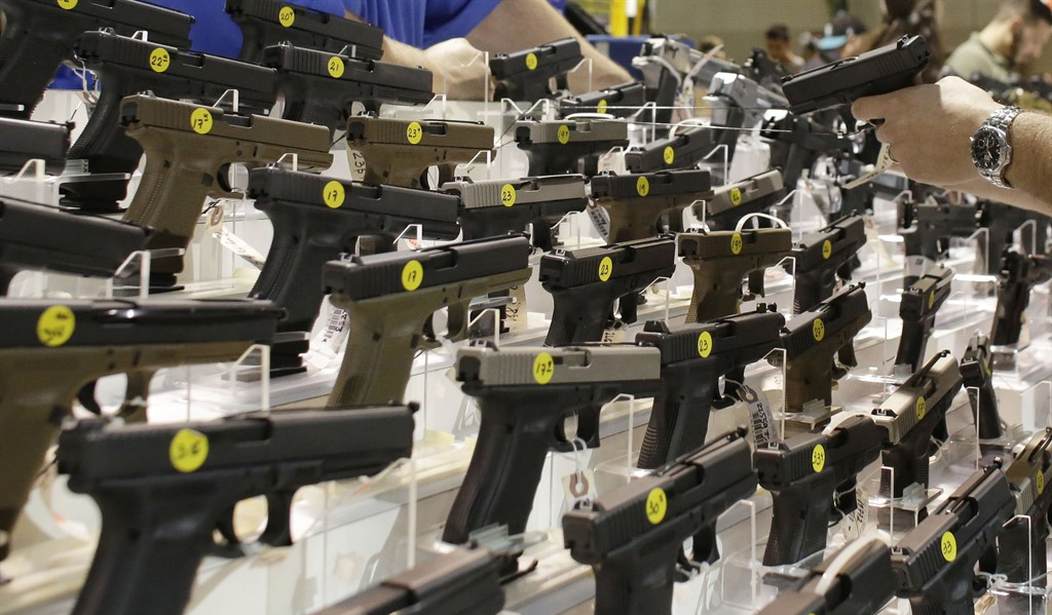Second Amendment advocates scored a major victory in federal court on Thursday after a federal judge in Virginia found that the federal prohibition on handgun sales to adults younger than 21 violates their Second Amendment rights.
The case, known as Fraser v. ATF, was initiated last June on behalf of John “Corey” Fraser, a resident of Fluvanna County and a student at Hampden-Sydney College just outside of my own stomping grounds of Farmville, Virginia. As happy as I am to see a local challenging the under-21 ban on handgun sales, I’m even more pleased with today’s ruling by U.S. District Judge Robert E. Payne. In his opinion, Payne soundly rejected the arguments by the Department of Justice and gun control groups who’d filed amicus briefs urging the judge to uphold the law, in part by suggesting that even though under-21s can’t lawfully purchase a handgun from an FFL, they could always have their parents buy a gun for them or buy one from a private party.
Payne took a dim view of that argument, noting that relying on a third-party to acquire a firearm still implicates and infringes on the rights of young adults. The crux of the issue is a blanket, age-based prohibition on buying arms that the Supreme Court has already said are protected by the Second Amendment.
One important finding from the judge is that the right to keep and bear arms necessarily encompasses the right to acquire one as well. As Payne says:
Commonsense and logic tell us that, unless one is a maker of guns, the right to “keep”/have a gun necessarily means that one must purchase it, steal it, be given it by another, or find one that another has lost. That, of course, includes a handgun which was the subject of “arms” in Heller. Thus, given its ordinary, commonsense, and logical meaning the right to “keep” arms (the right to “have”) of necessity includes the right, inter alia, to purchase arms.
Payne acknowledged that the text of the Second Amendment does not include the word “purchase”, and that other courts have ruled that the text of the Second Amendment doesn’t protect the acquisition of a firearm, but argued that the age-based ban is an infringement regardless.
Not simply protecting the heartland of the preserved right, the Second Amendment protects the environs surrounding it to prevent any encroachment on the core protections. Thus, by virtue of the word “infringe”, the Second Amendment’s protective textual embrace includes the conduct necessary to exercise that right (“to keep and bear”) and that, as explained above, includes the right to purchase arms so that one can keep and bear them.
With that out of the way, Payne then turned to the government’s contention that under-21s aren’t a part of “the people” who possess Second Amendment rights; an argument the judge found not just silly but downright dangerous, saying that “taken to its logical extent, the government’s argument would remove Second Amendment protections for vast swaths of the American population.”
You can check out the judge’s entire decision here, and it’s well worth reading the entire 71-page opinion, which is far too long to quote extensively here. The bottom line is this: Payne is at least the third federal judge to rule that bans on firearm sales to adults younger than 21 are unconstitutional. His decision to grant summary judgement is a solid win for gun owners, even if it will undoubtably be appealed to the Fourth Circuit in short order. This isn’t the end of the case, but so far it’s off to a great start for Second Amendment supporters.








Join the conversation as a VIP Member